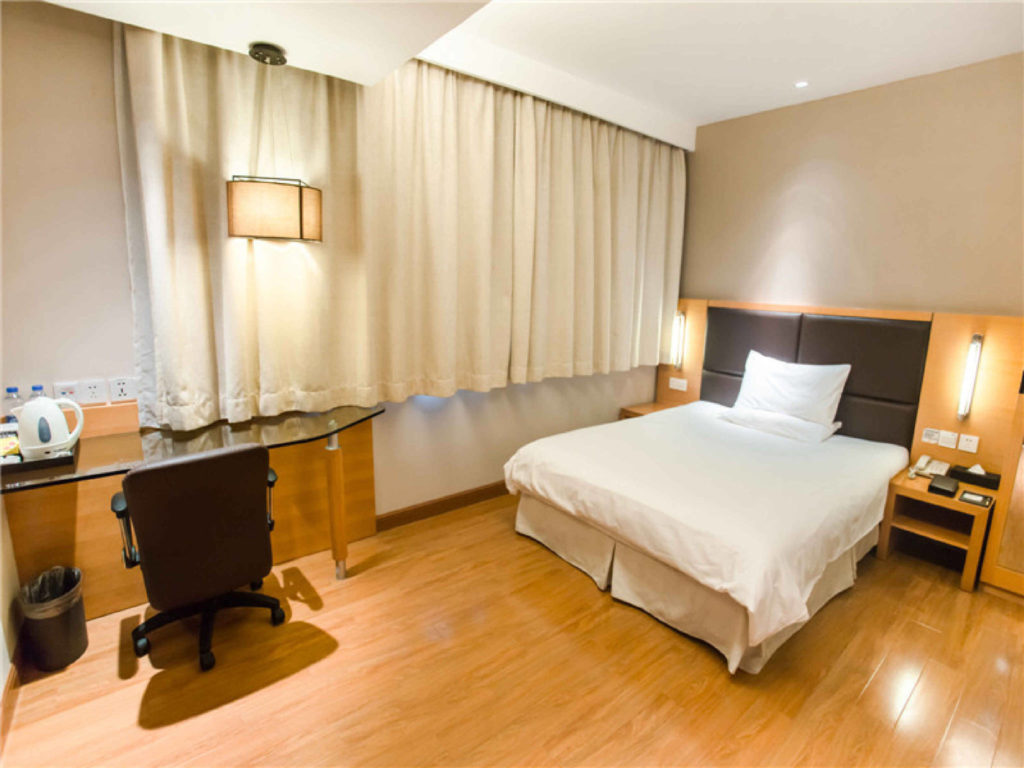
Last week I brought to you the first part of my fascinating interview with Accor’s CEO for Asia-Pacific, Michael Issenberg, where he and I discussed the strategy behind the company’s recent slew of acquisitions. In part two, we pick up where we left off and address the trend that will define travel in 2018: China. Accor signed a partnership with Ctrip recently which much be a crucial part of the strategy for success in the region:
Benefits of the partnership with Ctrip
As to be expected, Issenberg starts boldly: “The Chinese market is the most important travel market in the world right now.” He goes on to say that this is increasingly true in the Asia Pacific region and acknowledges that ” it makes sense for us to partner with a company like Ctrip which can help us to promote our hotels and services”.
This deal will enable the Accor to showcase some of their most relevant hotels to more than 300 million registered Ctrip users and to “provide enhanced guest experiences from across the global portfolio”. He also humbly states that this was a strategic move “to work with partners who know the Chinese market better than we do and to learn from them and grow the market together”.
“The hotels that feature will be chosen for their relevance to the Chinese market”
The deal has given Issenberg and his team the ability to build a flagship store for AccorHotels that will allow them to “promote and sell hotels that are tagged with a ‘wow’ label, with the hotels positioned on the first page of the Ctrip listing”. The exact benefits of this will include “an enhanced product experience and incremental marketing exposure”.
“The hotels that feature will be chosen for their relevance to the Chinese market,” he explains. This agreement marks the start of a relationship of deeper cooperation between Accor and Ctrip and will also see us work together on IT and loyalty as well.
Partnerships with other Chinese companies
“In 2014 we announced an alliance with Huazhu Hotels Group that was designed to allow us to develop in China at a much faster pace than we could ever have on our own,” Issenberg continues.

At the time of the alliance, they had 140 hotels in China – today they have almost double that and this year they will add another 50 – 60 hotels. “We will continue to look for new ways to capitalise on the power of the Chinese market,” he says.
China’s cultural nuances
“Accor has had its eye on China for a long time,” confirms Issenberg. “We were the first major hotel group to introduce Chinese Optimum Service standards several years ago so we have always understood how important it is to ensure our Chinese guests feel welcome when they stay with us.”
“We have created a China-specific strategy for AccorHotels…China ImpAct 2020”
Back then, those service standards included simple considerations such as Chinese language staff and collaterals, Chinese dishes on menus, slippers and tea in rooms. “Today, our strategy is more focused on transforming technologically and ensuring we have in place the right platforms, distribution and payment systems to service this important and very unique market,” he says.
How things have changed. AccorHotels has now created a China-specific global strategy “to ensure we can fully harness the power of China both domestically and globally”. The initiative, called China ImpAct 2020, focuses on leveraging not just our partnership with Huazhu but on Accor’s own “internal channels and strengths to enhancing our capabilities to serve our Chinese guests better” – both within and outside of China.



 share
share






















































